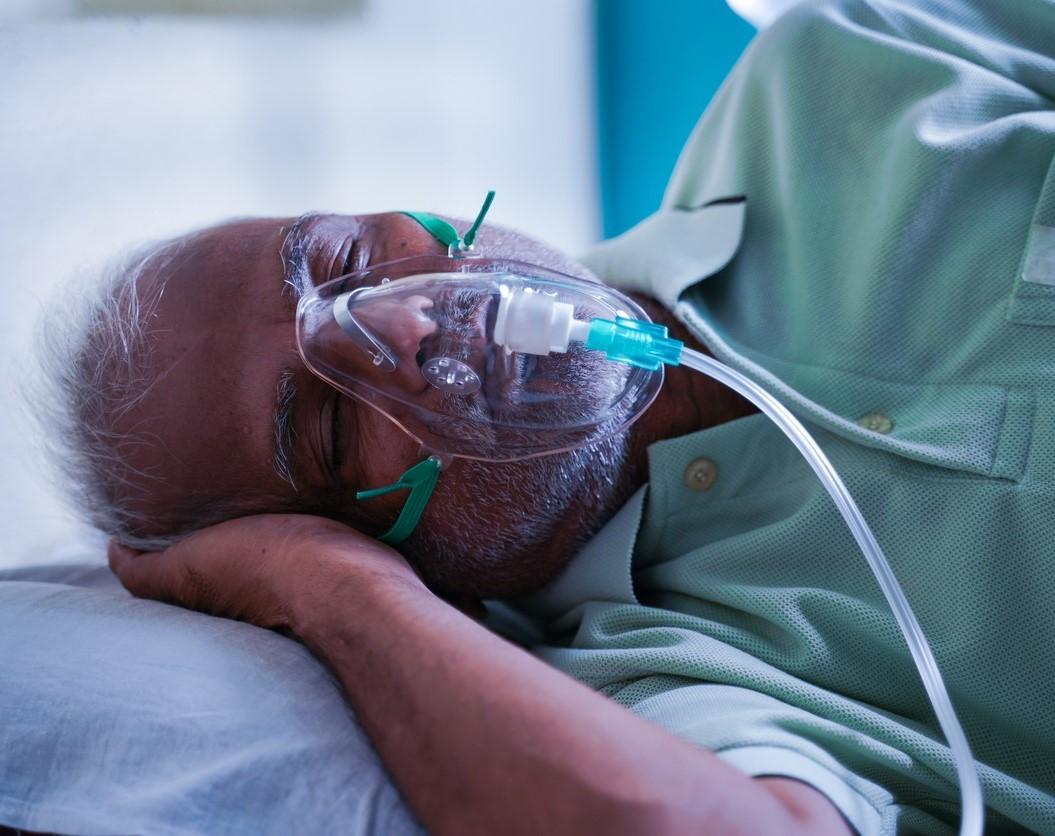The Food and Drug Administration (FDA) vaccine advisory group recommended approval of Pfizer's respiratory syncytial virus (RSV) vaccine for use in people 60 and older, ahead of similar deliberations tomorrow for GSK's RSV vaccine in the same age-group.
The recommendation came on a relatively narrow 7-4 margin, mainly owing to safety concerns and feelings by some of the group that the vote felt rushed—coming on the heels of a bad RSV season—with a desire for more data.
If the FDA accepts the recommendations of its Vaccines and Related Biological Products Advisory Committee (VRBPAC), the vaccines would be the first approved for RSV, which typically causes a mild respiratory disease, but can cause severe complications in infants and older people.
RSV impact builds case for vaccines
The Centers for Disease Control and Prevention (CDC) estimates that RSV hospitalizes 60,000 to 160,000 older adults in the United States each year and results 6,000 to 10,000 deaths. RSV can worsen conditions such as asthma, chronic obstructive pulmonary disease, and congestive heart failure. There is no specific treatment for the virus.
Pfizer's vaccine, called RSVPreF (Abrysvo), is a bivalent (two-strain) recombinant subunit vaccine that contains antigens against two RSV subgroups, A and B.
At tomorrow's meeting, VRBPAC will consider GSK's vaccine, called RSVPreF3 (Arexvy), a recombinant product that contains a glycoprotein antigen based on the RSV A subgroup and is given with a proprietary adjuvant that boosts the immune response. Both are given as a single intramuscular dose, Pfizer at 120 micrograms and GSK at 120 micrograms with 50 micrograms of adjuvant.
Tough questions about safety, efficacy
For today's discussion on the Pfizer's vaccine, the advisory group examined efficacy and safety findings from six clinical trials that involved more than 34,000 participants. Efficacy in preventing lab-confirmed RSV with at least two symptoms was 66.7%, with 11 cases in the vaccine group and 33 in the placebo group. Efficacy was even greater against confirmed RSV with three symptoms.
Investigators found no major differences between the vaccinated and placebo groups in adverse events overall, but there were three serious adverse events in the vaccine group, which included a hypersensitivity event that wasn't classified as anaphylaxis and two cases of Guillain-Barre syndrome (GBS). The FDA has already asked Pfizer to propose a postmarketing safety study to look more closely at the risk of GBS and other immune-mediated demyelinating conditions among the vaccine recipients.
The group voted on two questions, one on safety and the other on efficacy. Both votes passed with 7 voting yes, 4 no, and 1 abstention.
On the safety question, the group raised concerns about an estimated GBS rate of roughly 1 in 9,000, which appears to be higher than the background rate. Several members said controversy over COVID-19 vaccines makes it even more important to ensure vaccine safety. However, the group acknowledged that only post-marketing studies would be adequately powered to more precisely assess the GBS risk.
The experts voiced optimism over the efficacy findings, but they felt uncomfortable with some data gaps, including efficacy in people over 80 and those with underlying conditions—the groups at greatest risk.
Some also felt hesitant about possible interference with flu vaccine efficacy and other vaccine coadministration issues, with a smaller subset of the study showing a trend toward interference. The experts predict that RSV vaccines will likely be given in the fall alongside flu and COVID-19 vaccines.
David Kaslow, MD, who directs the office of vaccines research and review at the FDA's Center for Biologics Evaluation and Research, said the FDA appreciates the group's input on the difficult issues regarding the vaccine data. "This is what we wanted—a robust discussion."



















